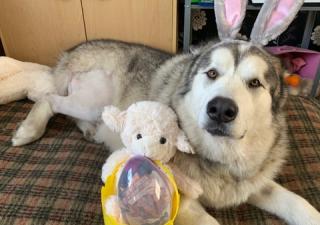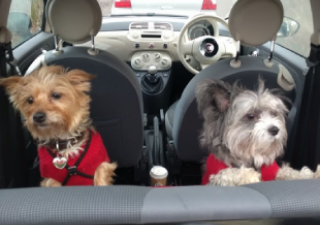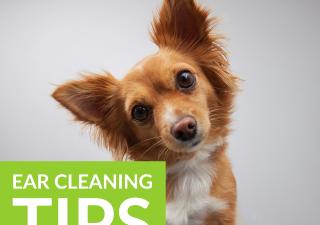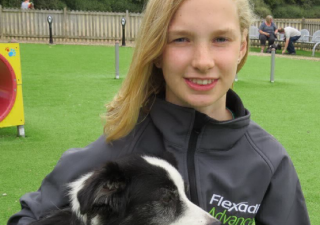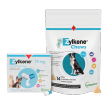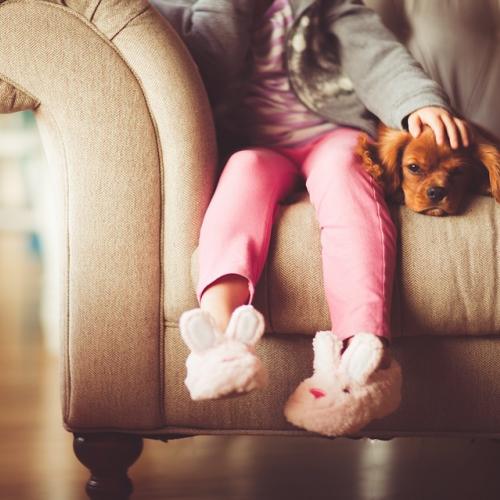
Are there any products that can help my dog relax during fireworks?
Back to overviewThere are a number of products that can help dogs relax when they are worried by fireworks. These are not intended to replace training your dog not to be fearful of the noises. However, they can be used to help your dog cope until training can be implemented and to support the training.
Pheromones
Pheromones are chemicals that carry messages around the dog’s body. They are inhaled, but processed differently to smells. They are different for each species and so canine pheromones only affect the mood and behaviour of other dogs. There are many different types of pheromones. We are particularly interested in the appeasine pheromones that a lactating bitch produces when she has young puppies to help calm and relax them.
Important tips for how to use them are included in the product packaging.
Nutraceuticals
Nutraceuticals are food based products that can have a beneficial physical effect. The most widely used of these is Zylkene. It is derived from a protein in milk which is recognised to have calming qualities in very young mammals, and has been modified to have the same effect in adults. See http://www.zylkenepet.co.uk/zylkene.html for when and how to use this.
Prescription medication
Although Zylkène can be very effective it is mild and so animals with severe phobias may require prescription medication. Different types of medication are used to help a dog relax during the firework season itself and during training, if this is needed. If you feel that your dog’s fear is too strong for the methods discussed in ‘My dog is afraid of fireworks - what can I do?’ or for the products discussed above to help, then it is best to speak to your veterinary surgeon regarding the possible use of prescription medication.
Stephanie Hedges BSc (Hons) CCAB
Canine Behaviour Counsellor
Full member of the Association of Pet Behaviour Counsellors
ASAB Certified Clinical Animal Behaviourist (CCAB)
Animal Behaviour & Training Council (ABTC) Registered Clinical Animal Behaviourist
Tips & Tricks
- Easter is a wonderful time of year with so many chocolate Easter eggs in abundance, but make sure you do not let your pet near them.
- With Brexit deal still in negotiation and a possibility of a ‘no deal’ scenario, there are no concrete answers just yet – but to help you become more informed, here is our Q&A on what we can find so far.
- Build-up of wax and debris in your pet's ear canals can lead to discomfort and irritation. Cleaning your pet’s ears can have a lot of benefits and here are some tips to get you started!
- We had a great time catching up with Mariann Bayliss, our sponsored agility handler last week. We met her competing dog, Ila, and her 5 month old puppy Coral.

